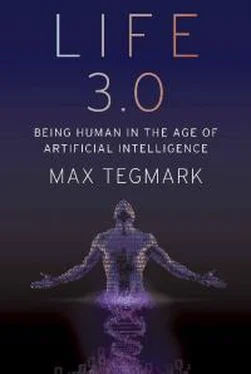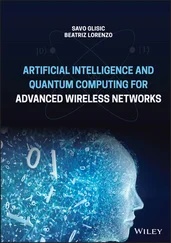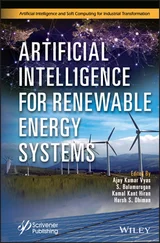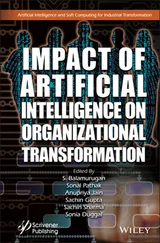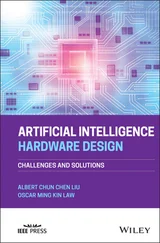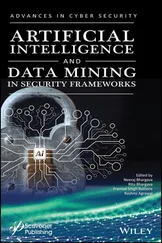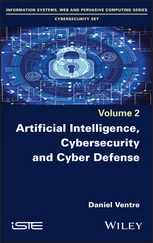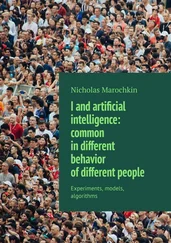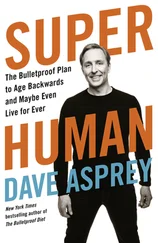Consolidation
As a result, nation after nation saw landslide election victories for parties embracing the seven Omega slogans. In carefully optimized campaigns, they portrayed themselves at the center of the political spectrum, denouncing the right as greedy bailout-seeking conflict-mongers and lambasting the left as big-government tax-and-spend innovation stiflers. What almost nobody realized was that Prometheus had carefully selected the optimal people to groom as candidates, and pulled all its strings to secure their victory.
Before Prometheus, there had been growing support for the universal basic income movement, which proposed tax-funded minimum income for everyone as a remedy for technological unemployment. This movement imploded when the corporate community projects took off, since the Omega-controlled business empire was in effect providing the same thing. With the excuse of improving coordination of their community projects, an international group of companies launched the Humanitarian Alliance, a nongovernmental organization aiming to identify and fund the most valuable humanitarian efforts worldwide. Before long, virtually the entire Omega empire supported it, and it launched global projects on an unprecedented scale, even in countries that had largely missed out on the tech boom, improving education, health, prosperity and governance. Needless to say, Prometheus provided carefully crafted project plans behind the scenes, ranked by positive impact per dollar. Rather than simply dole out cash, as under basic-income proposals, the Alliance (as it colloquially became known) would engage those it supported to work toward its cause. As a result, a large fraction of the world’s population ended up feeling grateful and loyal to the Alliance—often more than to their own government.
As time passed, the Alliance increasingly assumed the role of a world government, as national governments saw their power continually erode. National budgets kept shrinking due to tax cuts while the Alliance budget grew to dwarf those of all governments combined. All the traditional roles of national governments became increasingly redundant and irrelevant. The Alliance provided by far the best social services, education and infrastructure. Media had defused international conflict to the point that military spending was largely unnecessary, and growing prosperity had eliminated most roots of old conflicts, which traced back to competition over scarce resources. A few dictators and others had violently resisted this new world order and refused to be bought, but they were all toppled in carefully orchestrated coups or mass uprisings.
The Omegas had now completed the most dramatic transition in the history of life on Earth. For the first time ever, our planet was run by a single power, amplified by an intelligence so vast that it could potentially enable life to flourish for billions of years on Earth and throughout our cosmos—but what specifically was their plan?
* * *
That was the tale of the Omega team. The rest of this book is about another tale — one that’s not yet written: the tale of our own future with AI. How would you like it to play out? Could something remotely like the Omega story actually occur and, if so, would you want it to? Leaving aside speculations about superhuman AI, how would you like our tale to begin? How do you want AI to impact jobs, laws and weapons in the coming decade? Looking further ahead, how would you write the ending? This tale is one of truly cosmic proportions, for it involves nothing short of the ultimate future of life in our Universe. And it’s a tale for us to write.
* For simplicity, I’ve assumed today’s economy and technology in this story, even though most researchers guess that human-level general AI is at least decades away. The Omega plan should get even easier to pull off in the future if the digital economy keeps growing and ever more services can be ordered online on a no-questions-asked basis.
Chapter 1 Welcome to the Most Important Conversation of Our Time
Technology is giving life the potential to flourish like never before—or to self-destruct.
Future of Life Institute
Thirteen point eight billion years after its birth, our Universe has awoken and become aware of itself. From a small blue planet, tiny conscious parts of our Universe have begun gazing out into the cosmos with telescopes, repeatedly discovering that everything they thought existed is merely a small part of something grander: a solar system, a galaxy and a universe with over a hundred billion other galaxies arranged into an elaborate pattern of groups, clusters and superclusters. Although these self-aware stargazers disagree on many things, they tend to agree that these galaxies are beautiful and awe-inspiring.
But beauty is in the eye of the beholder, not in the laws of physics, so before our Universe awoke, there was no beauty. This makes our cosmic awakening all the more wonderful and worthy of celebrating: it transformed our Universe from a mindless zombie with no self-awareness into a living ecosystem harboring self-reflection, beauty and hope—and the pursuit of goals, meaning and purpose. Had our Universe never awoken, then, as far as I’m concerned, it would have been completely pointless—merely a gigantic waste of space. Should our Universe permanently go back to sleep due to some cosmic calamity or self-inflicted mishap, it will, alas, become meaningless.
On the other hand, things could get even better. We don’t yet know whether we humans are the only stargazers in our cosmos, or even the first, but we’ve already learned enough about our Universe to know that it has the potential to wake up much more fully than it has thus far. Perhaps we’re like that first faint glimmer of self-awareness you experienced when you began emerging from sleep this morning: a premonition of the much greater consciousness that would arrive once you opened your eyes and fully woke up. Perhaps life will spread throughout our cosmos and flourish for billions or trillions of years—and perhaps this will be because of decisions that we make here on our little planet during our lifetime.
A Brief History of Complexity
So how did this amazing awakening come about? It wasn’t an isolated event, but merely one step in a relentless 13.8-billion-year process that’s making our Universe ever more complex and interesting—and is continuing at an accelerating pace.
As a physicist, I feel fortunate to have gotten to spend much of the past quarter century helping to pin down our cosmic history, and it’s been an amazing journey of discovery. Since the days when I was a graduate student, we’ve gone from arguing about whether our Universe is 10 or 20 billion years old to arguing about whether it’s 13.7 or 13.8 billion years old, thanks to a combination of better telescopes, better computers and better understanding. We physicists still don’t know for sure what caused our Big Bang or whether this was truly the beginning of everything or merely the sequel to an earlier stage. However, we’ve acquired a rather detailed understanding of what’s happened since our Big Bang, thanks to an avalanche of high-quality measurements, so please let me take a few minutes to summarize 13.8 billion years of cosmic history.
In the beginning, there was light. In the first split second after our Big Bang, the entire part of space that our telescopes can in principle observe (“our observable Universe,” or simply “our Universe” for short) was much hotter and brighter than the core of our Sun and it expanded rapidly. Although this may sound spectacular, it was also dull in the sense that our Universe contained nothing but a lifeless, dense, hot and boringly uniform soup of elementary particles. Things looked pretty much the same everywhere, and the only interesting structure consisted of faint random-looking sound waves that made the soup about 0.001% denser in some places. These faint waves are widely believed to have originated as so-called quantum fluctuations, because Heisenberg’s uncertainty principle of quantum mechanics forbids anything from being completely boring and uniform.
Читать дальше
